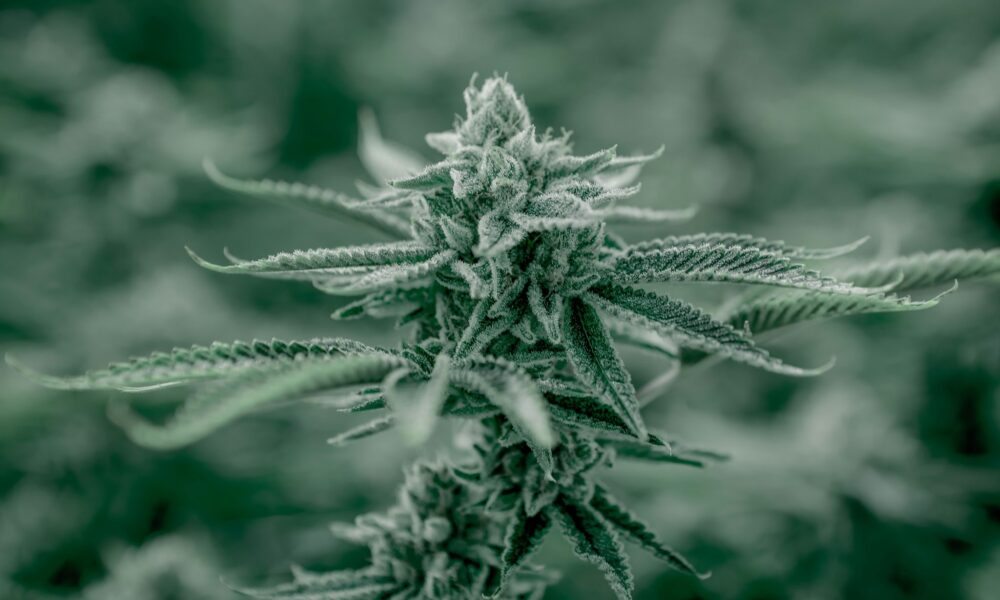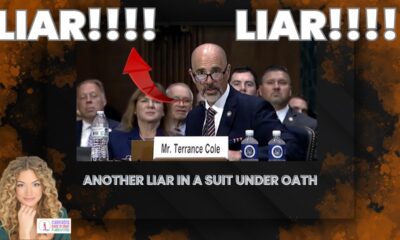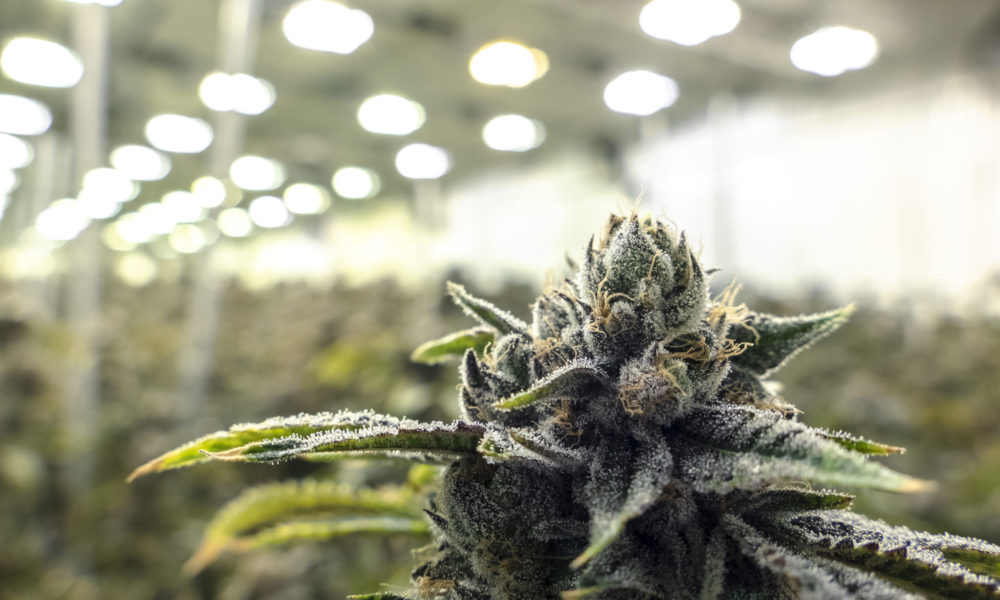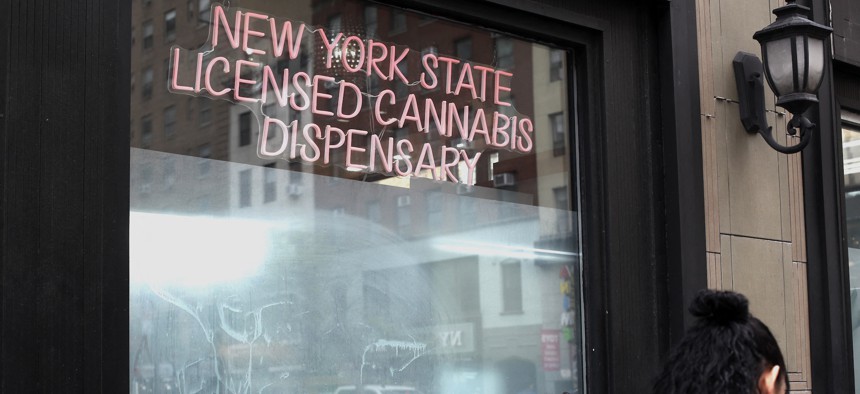News
Is The THC % Game Rigged?

Cultivation
Marijuana Retail Report
California
A Chat With Clint Kellum Of California’s Department Of Cannabis Control
John Kagia
In NY, John Kagia Could Be Tapped To Lead Office Of Cannabis Management
-

 Cannabis News6 months ago
Cannabis News6 months ago“Our system can manage equipment across 10,000+ m² using just a few wires”
-

 Florida6 months ago
Florida6 months agoFlorida Workshop to Discuss What Constitutes a ‘Cartoon’ in Hemp Packaging
-

 Video5 months ago
Video5 months agoMazar-i-Sharif Hash Wednesday
-

 Best Practices6 months ago
Best Practices6 months agoYour Cannabis Business: Consistent Filings Are Critical
-

 Video6 months ago
Video6 months agoRe-release of the full show of Cannabis Coast to Coast news. Republican Texas DA Fires Up vs. laws;
-

 Video6 months ago
Video6 months agoDEA’s Cole Reverses His “priorities” ; Prohibitionists Dig In; Dead & Co Celebrates 60 years in SF
-

 Video6 months ago
Video6 months agoTexas DA Partakes on Tik Tok to prove a point; Boston Sheriff arrested for Extortion of $ w/ Ascend
-

 aawh6 months ago
aawh6 months agoWeak Michigan Cannabis Sales Again in July – New Cannabis Ventures




























